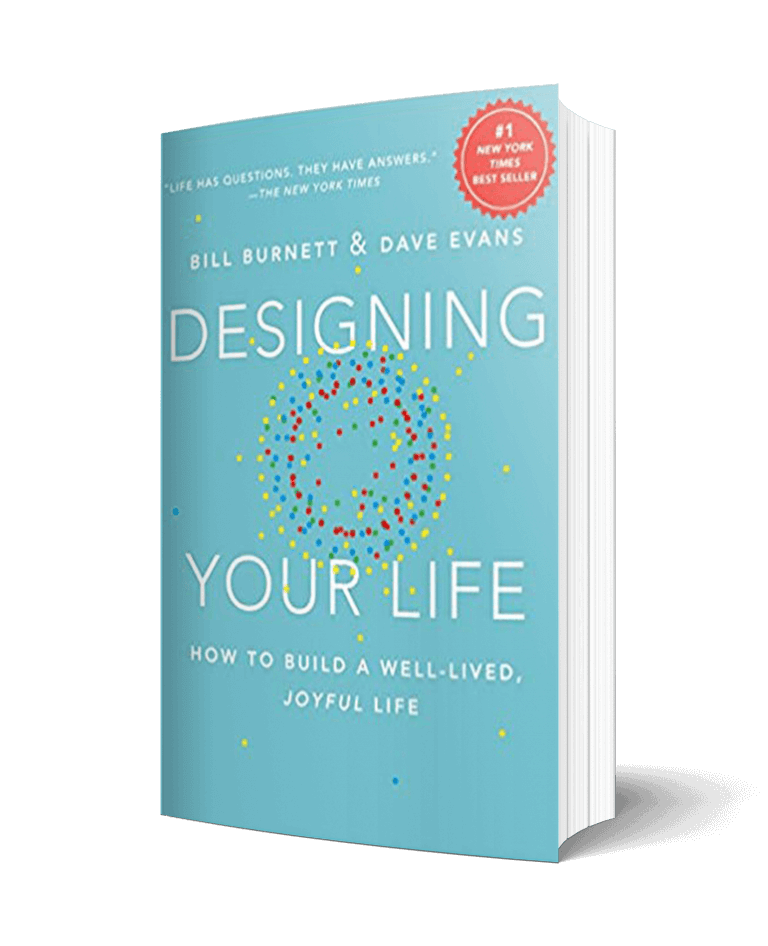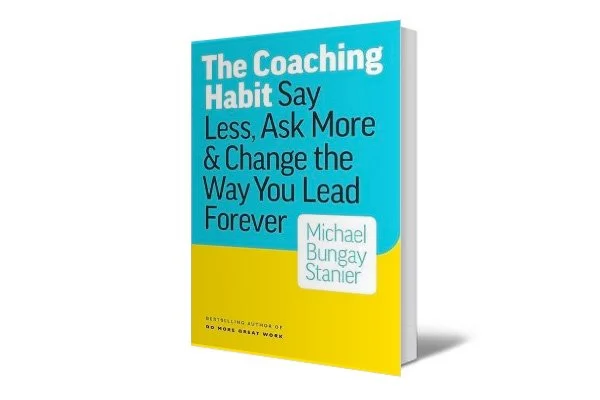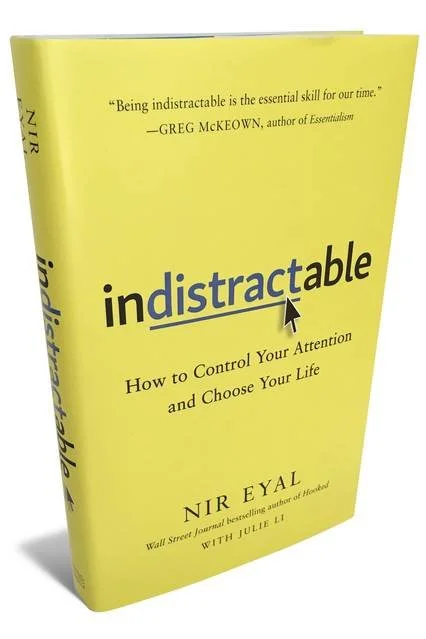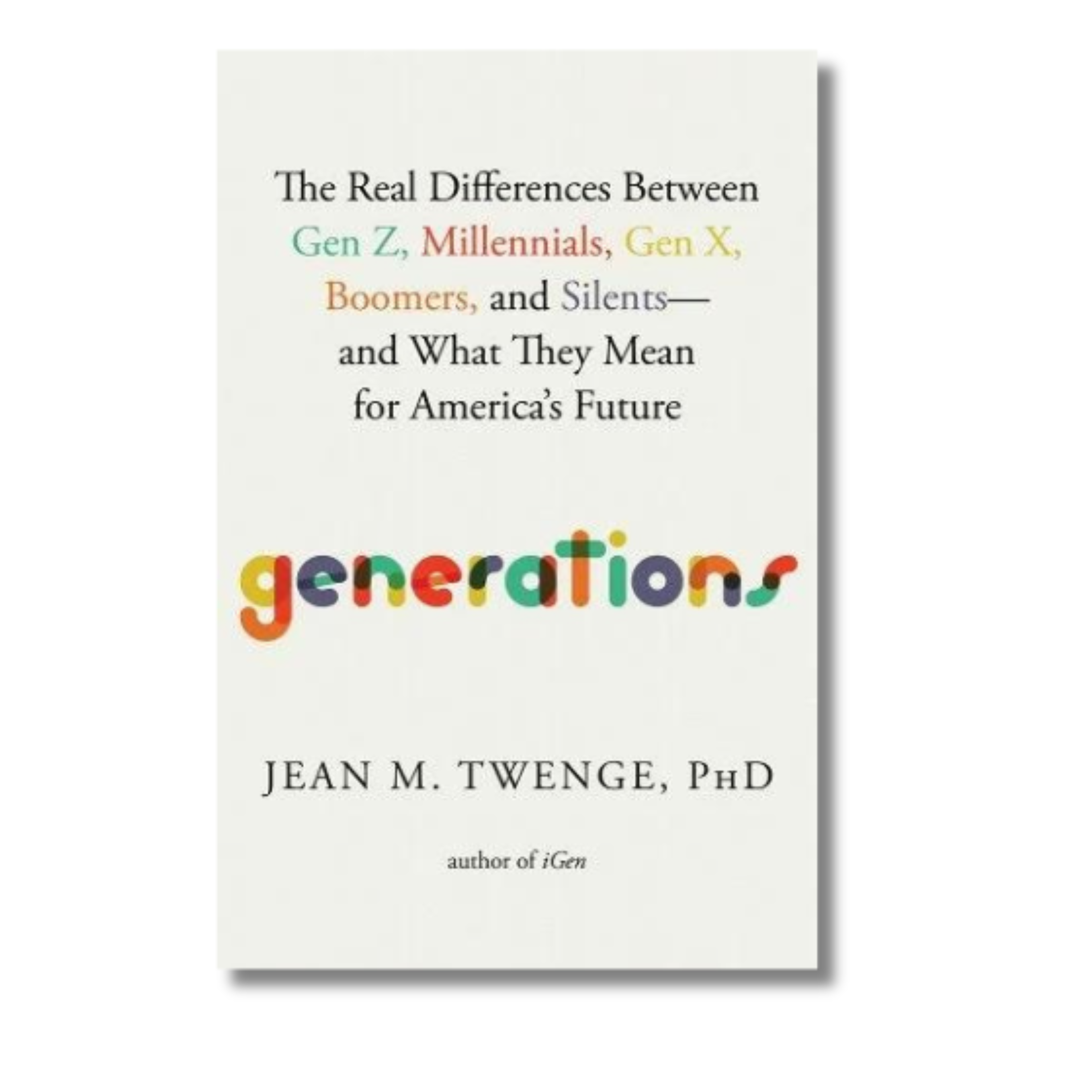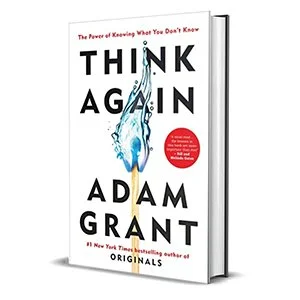The disparate goals and objectives around which Renée has supported colleagues, fellow military spouses, and coaching clients are connected by a common thread…the desire for thriving. It has become a central theme of Renée’s work as a coach, and of her scholarship in earning her Doctorate of Organizational Change and Leadership from the Rossier School of Education at the University of Southern California. This introduction to thriving is intended to help you get curious about thriving and how to work toward it, and to provide a glimpse of the coaching framework Renée employs with clients.
Thriving: the experience of living life with meaning, purpose, and a sense of accomplishment, in response to opportunity or adversity.
Bronfenbrenner’s Ecological System Theory Model
Much of Renée’s approach to coaching clients toward thriving is based in Urie Bronfenbrenner’s Ecological System Theory Model. Here is a template of his model, which views (typically child) development as a complex system of relationships affected by multiple levels of the surrounding environment, from immediate settings of family and school to broad cultural values, laws, and customs. The model is also applicable to adults, with the influence of one system dependent on its relationship with the others.
Here is a version of Bronfenbrenner’s model as Renée would craft it in working with a military spouse. Elements of the client’s environment are personalized, to help them understand the factors that will be considered in optimizing their situation and surroundings toward the goal of thriving.
Bronfenbrenner’s model is explained well through this video.
While thriving is a complex concept with significant scholarship devoted to it, it can also be easily simplified. Understanding these primary elements of thriving is a great place to begin.
Elements of Thriving
Resilience: One’s ability to be resilient in the face of adversity is key to thriving. We all go through experiences that knock us down – it’s inevitable! How we deal with each one determines our resilience when difficulties come again in the future. When we can leverage our challenges toward the development of character, strength, and coping skills, we gain a greater ability to respond to future trials.
Resilience looks like this: We all have a plan for our day, for a situation, for our life in general, whether we’ve consciously realized it or not. When an unexpected event arises and derails the plan, a resilient person first absorbs the shock of the change or surprise, and then recovers from it, using the self-care or coping strategies they need. Finally, they adapt to the new reality by taking in all available information, modifying the plan with an open mind, and moving forward.
Recognizing: Recognition comes with the self-awareness we build through reflection. Being intentional about noticing and observing feelings, patterns, consequences – really everything! – enables us to recognize what works. We recognize by asking ourselves questions like: What did I initiate today? Did I help anybody, and how? What stood out about today? Patterns will arise, and recognizing them will enable you to determine if you are aligned with the values that you declare to be important.
Reflection: When we devote time to the practice of reflection, we give ourselves the gift of preparation for the future. Reflection is stopping to think deeply about what’s happened, to be honest with ourselves, and to gain a greater sense of self-awareness. It allows us to ask questions, which lead to evaluation of how we handled a situation and consider how we would approach a similar one in the future. With a consistent practice of reflection, we can harness our ability to teach ourselves, and more toward thriving!
Reframing: Dysfunctional beliefs pull us away from thriving…reframing brings us back toward it. It starts with noticing – what belief do you have that isn’t serving you well? Notice when you repeatedly feel distress or friction around something, and examine that belief. Is it absolutely true, or can you shift it in some way? Test this new belief and continue to shift if needed, then allow your mind to rewire itself around it.
Reframing is all about choice! As a school principal, Renée would often tell her students, “Make it a great day or not; the choice is yours.” Going through the process of noticing, shifting, and reframing, we can choose to reframe beliefs and move ever closer to thriving.
A conversation with Renée about thriving would not be complete without including reading recommendations! To learn more about thriving and how to move ever closer toward this state of being, consider delving into the following books and studies. (Click on each to find them online!)
Reading Recommendations
Listen Up!
Renée shares some musings and insights around thriving in these short recordings. They exemplify the types of questions she asks and invitations she extends when working with clients. Listening to them takes just a few minutes, but you’ll likely spend much more time in contemplation of these ways to move ever closer to being your best, so you can do your best!









